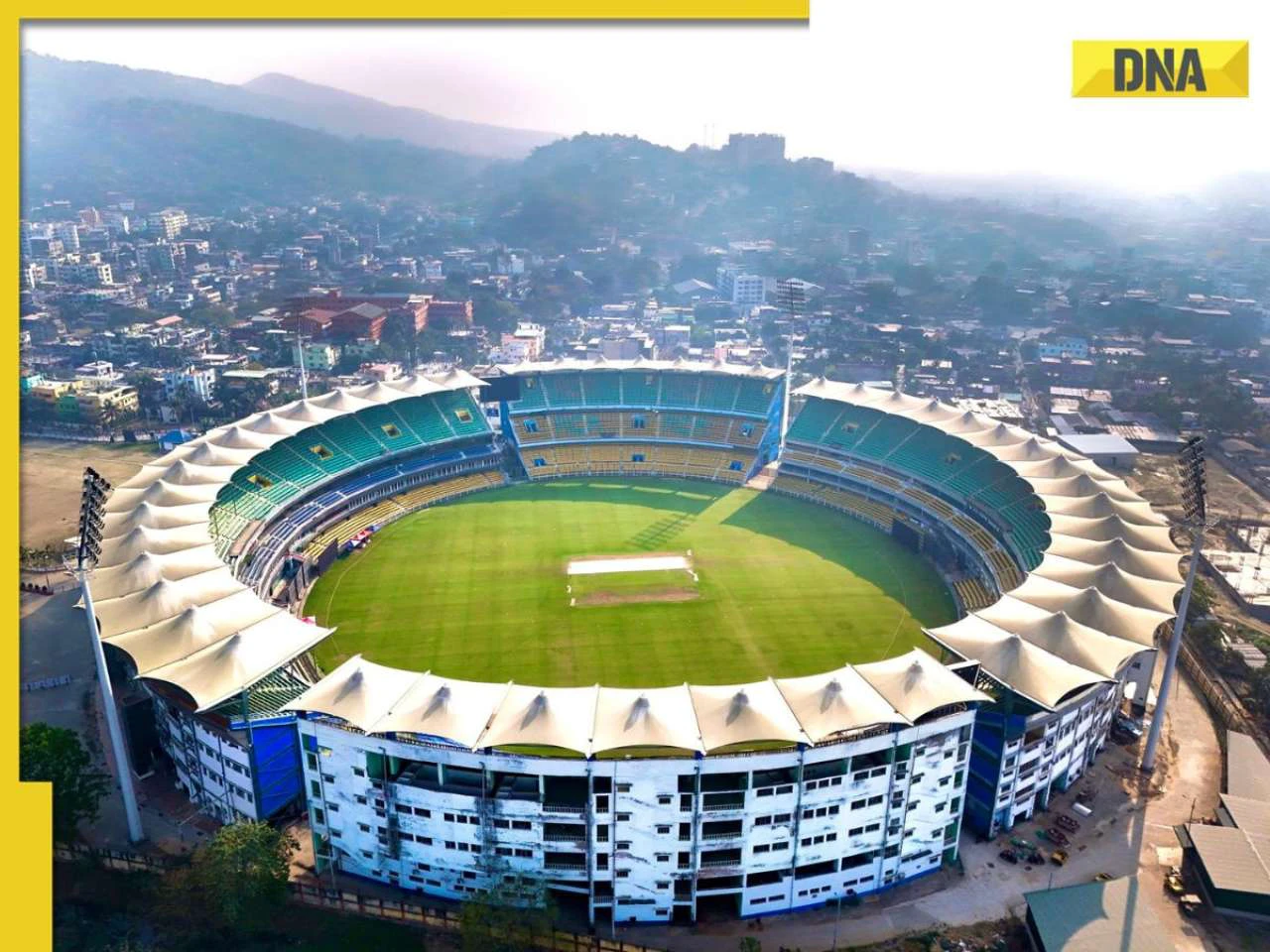The second and final Test between India and South Africa at the Barsapara Cricket Stadium in Guwahati is set to be one of the most unorthodox and historic matches in recent memory.
As Team India seeks to level the two-match series after a demoralizing defeat in Kolkata, the venue itself is providing a series of historic firsts that could determine the course of the contest.
The key story emerging from Guwahati is the unprecedented change to the traditional schedule: for the first time in Test cricket history—and certainly a first for a non-Day/Night Test match—Tea will be taken before Lunch.
Tea Before Lunch
The change in the classic session sequence is a pragmatic response to a unique geographical challenge. Guwahati, located in India’s far eastern region, experiences sunrise and sunset significantly earlier than the rest of the country, which follows Indian Standard Time (IST). To ensure the day’s full quota of 90 overs can be completed before bad light sets in, officials have advanced the start time to 9:00 am (instead of the usual 9:30 am).
The session timings are thus reversed: the first session runs from 9:00 am to 11:00 am, followed by the Tea break (20 minutes). The second session is then played until 1:20 pm, at which point the longer Lunch break (40 minutes) is taken. This adjustment is an extraordinary measure, prioritizing available daylight over more than a century of cricketing tradition, and it adds a layer of novelty both teams must adapt to.
Other Historic Firsts
A New Test Venue: The Barsapara Stadium makes its debut as a Test centre, becoming the newest addition to India’s roster of grounds to host the longest format of the game. For the players, this means the pitch conditions—a red-soil surface with an even grass covering—remain a relative unknown, stripping away some of the home team’s customary advantage.
The Break Convention Shattered: As noted, the Tea before Lunch sequence marks a global first for a standard red-ball Test, breaking a convention that has existed for nearly 148 years of the format.
Rishabh Pant’s Northeast Captaincy: With Captain Shubman Gill ruled out due to a neck injury sustained in the first Test, vice-captain Rishabh Pant is set to lead the Indian side. This match marks the first time Pant, or any current Indian Test captain in this context, will lead the team in a Test match in the Northeast, potentially “following in the footsteps” of previous successful Indian captains who have debuted in new regions.
The question remains: Can these unique, almost distracting circumstances—a new venue, an early start, and a completely flipped break schedule—break the momentum of a confident South African team that already holds a 1-0 lead?
The unusual playing conditions mean both teams enter the contest on a level playing field of uncertainty. If Team India can use the unique challenges of the Guwahati stage to their advantage and deliver a commanding performance, this historic Test will not only be remembered for its scheduling quirks but for the moment they resurrected their series campaign.
